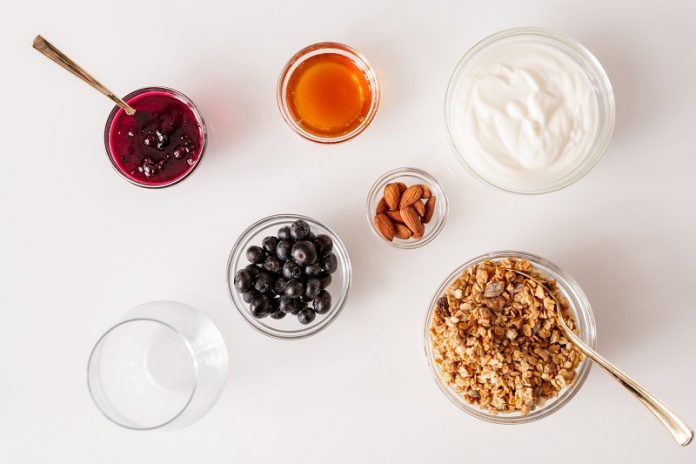
In a study from Jinan University in Guangzhou, scientists found that increased dietary fiber intake is linked to a decreased incidence of migraine.
Migraine is a type of headache characterized by recurrent attacks of moderate to severe throbbing and pulsating pain on one side of the head.
The pain is caused by the activation of nerve fibers within the wall of brain blood vessels traveling inside the meninges (three layers of membranes protecting the brain and spinal cord).
Fiber is a type of carbohydrate that the body can’t digest.
Though most carbohydrates are broken down into sugar molecules called glucose, fiber cannot be broken down into sugar molecules, instead, it passes through the body undigested.
Previous research has found that fiber helps regulate the body’s use of sugars, helping to keep hunger and blood sugar in check.
Few studies have examined the effect of dietary fiber on severe headaches or migraine.
In the current study, researchers aimed to examine the association between dietary fiber intake and the risk of severe headaches or migraine.
They tested 12,710 participants and the data were from NHANES 1999–2004.
The researchers found that the overall incidence of severe headaches or migraine in the study was 2527/12,710 (19.9%).
There was a strong link between dietary fiber intake and severe headaches or migraine. People with the lowest intake of dietary fiber had the highest risk of migraine headaches.
The study also showed that for every 10 g/day increase in dietary fiber intake, the risk of severe headache or migraine decreased by 11%.
However, the beneficial effect was not found among Mexican Americans, other races, or those overweight or obese.
Based on the findings, the team concludes that increasing the intake of fiber-rich foods might protect from severe headaches or migraine.
They suggest more studies should be conducted to confirm their association before dietary recommendations.
The study was conducted by Hao Huang and Kaiyin He and published in Frontiers in Nutrition.
Copyright © 2023 Scientific Diet. All rights reserved.





